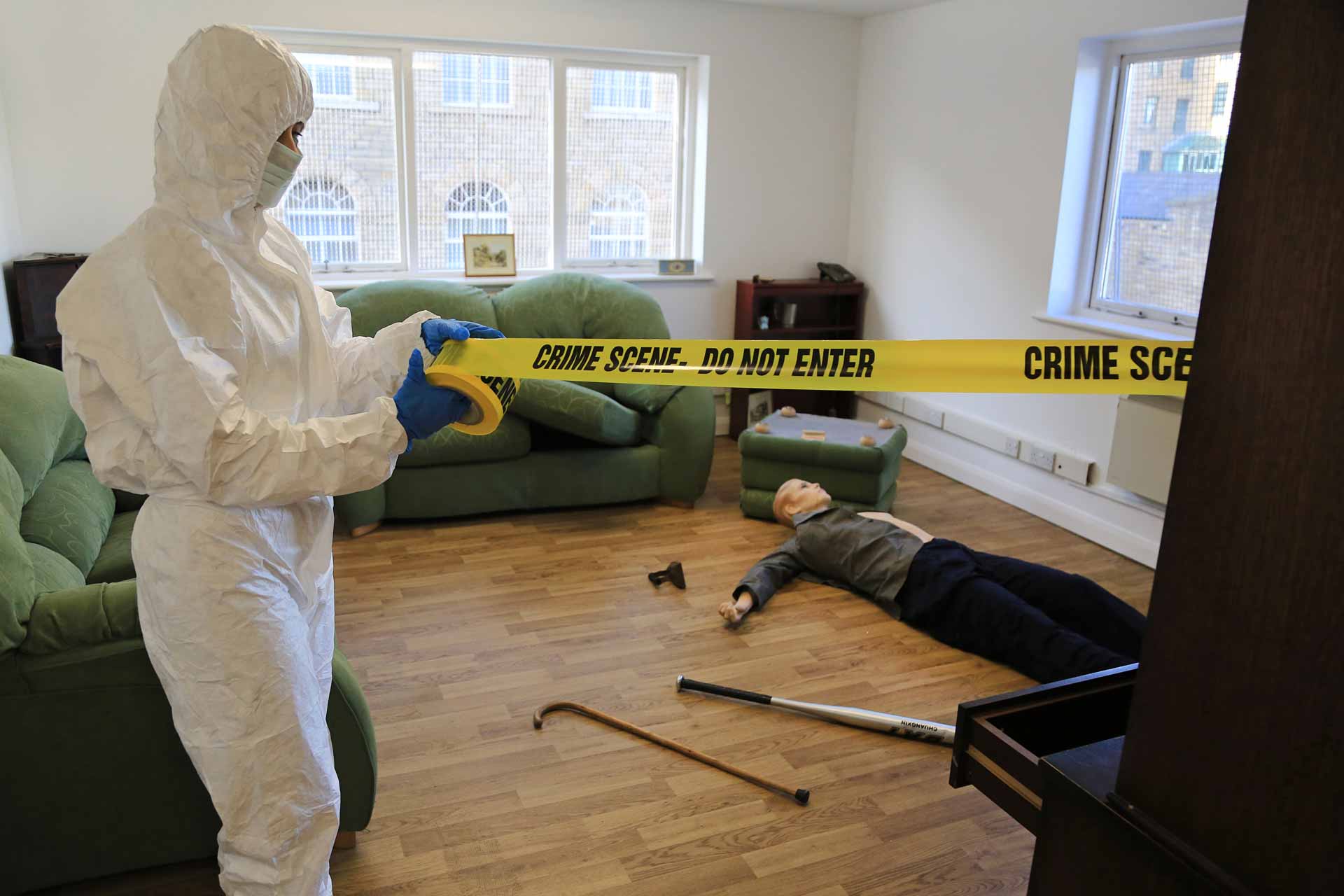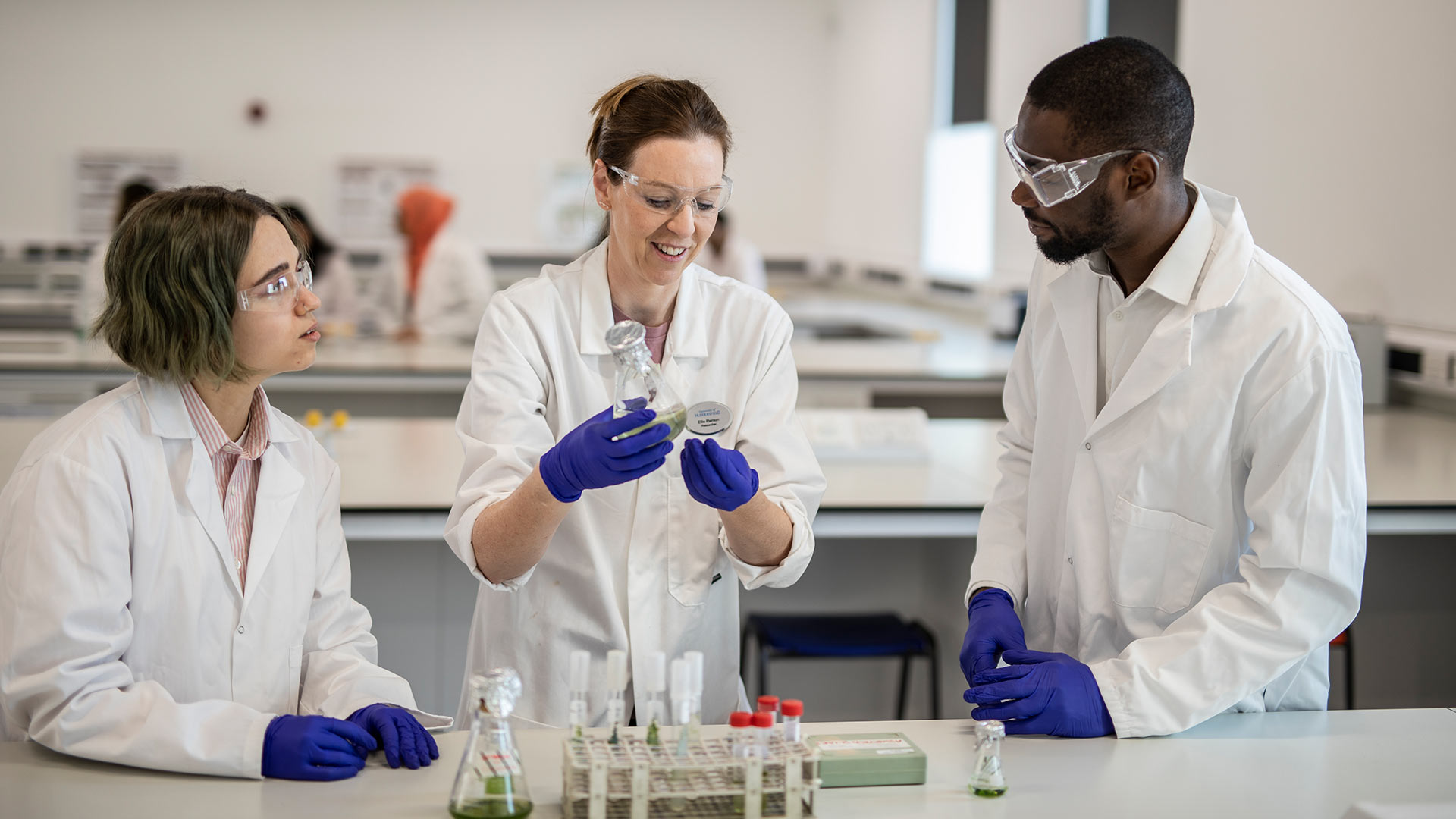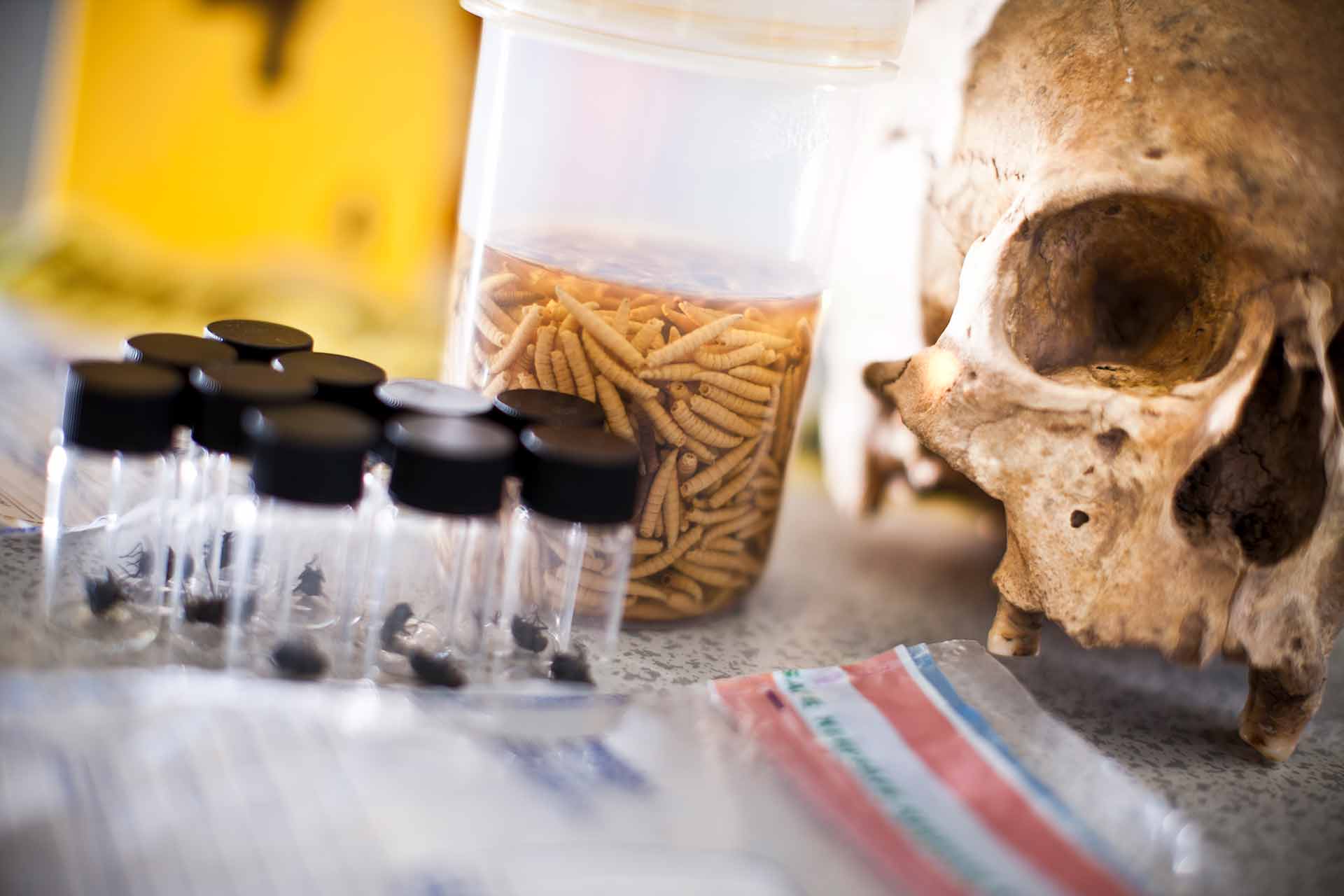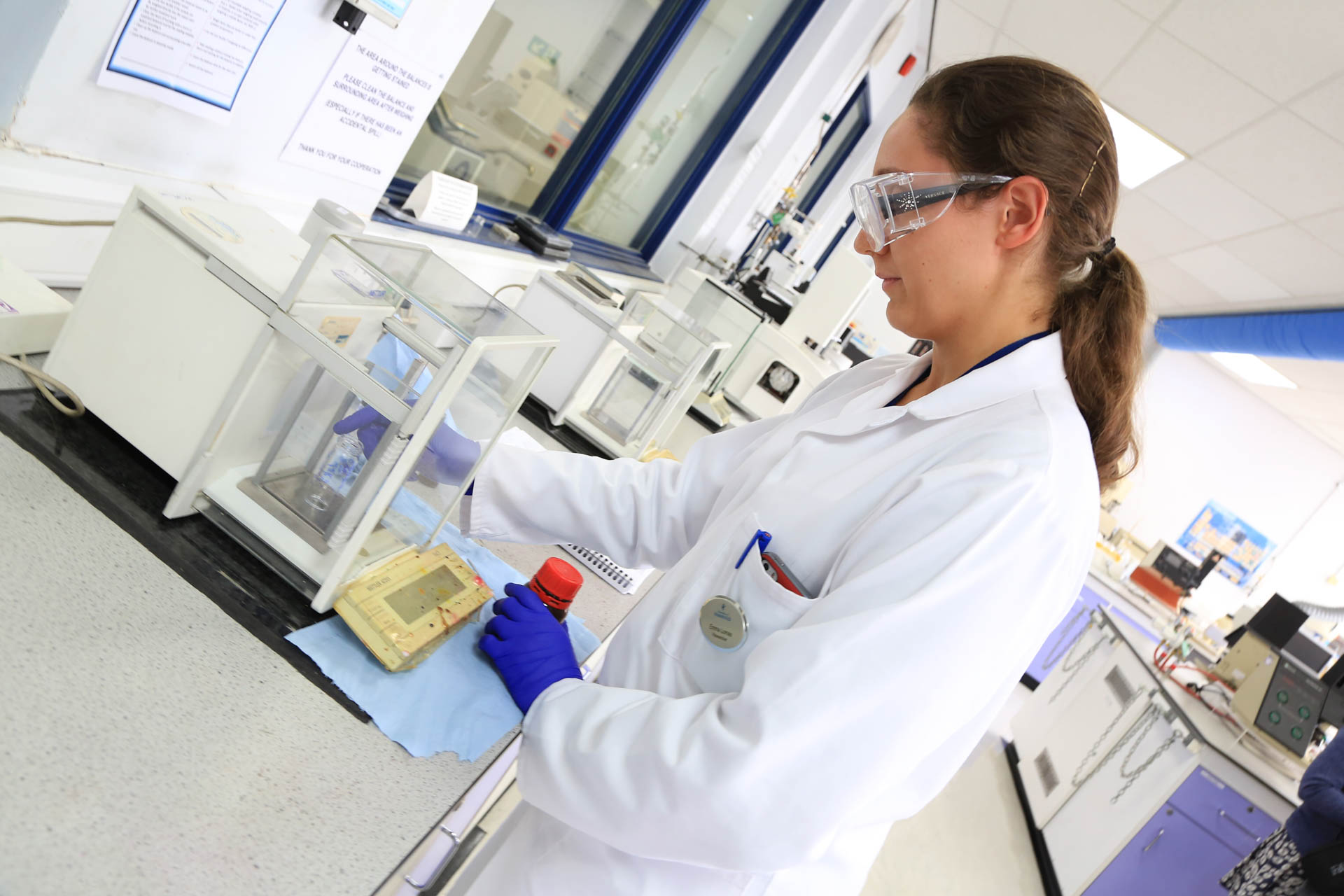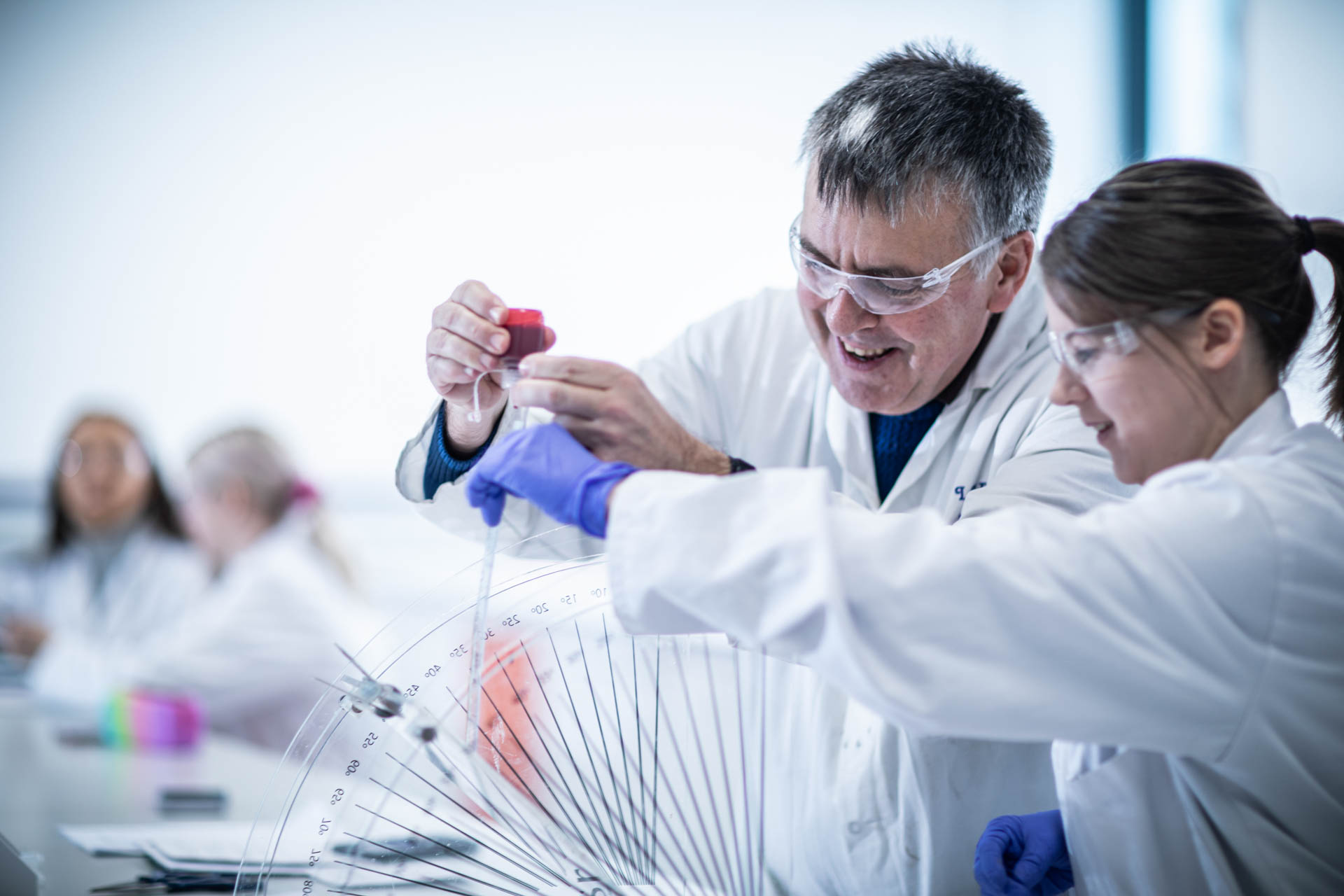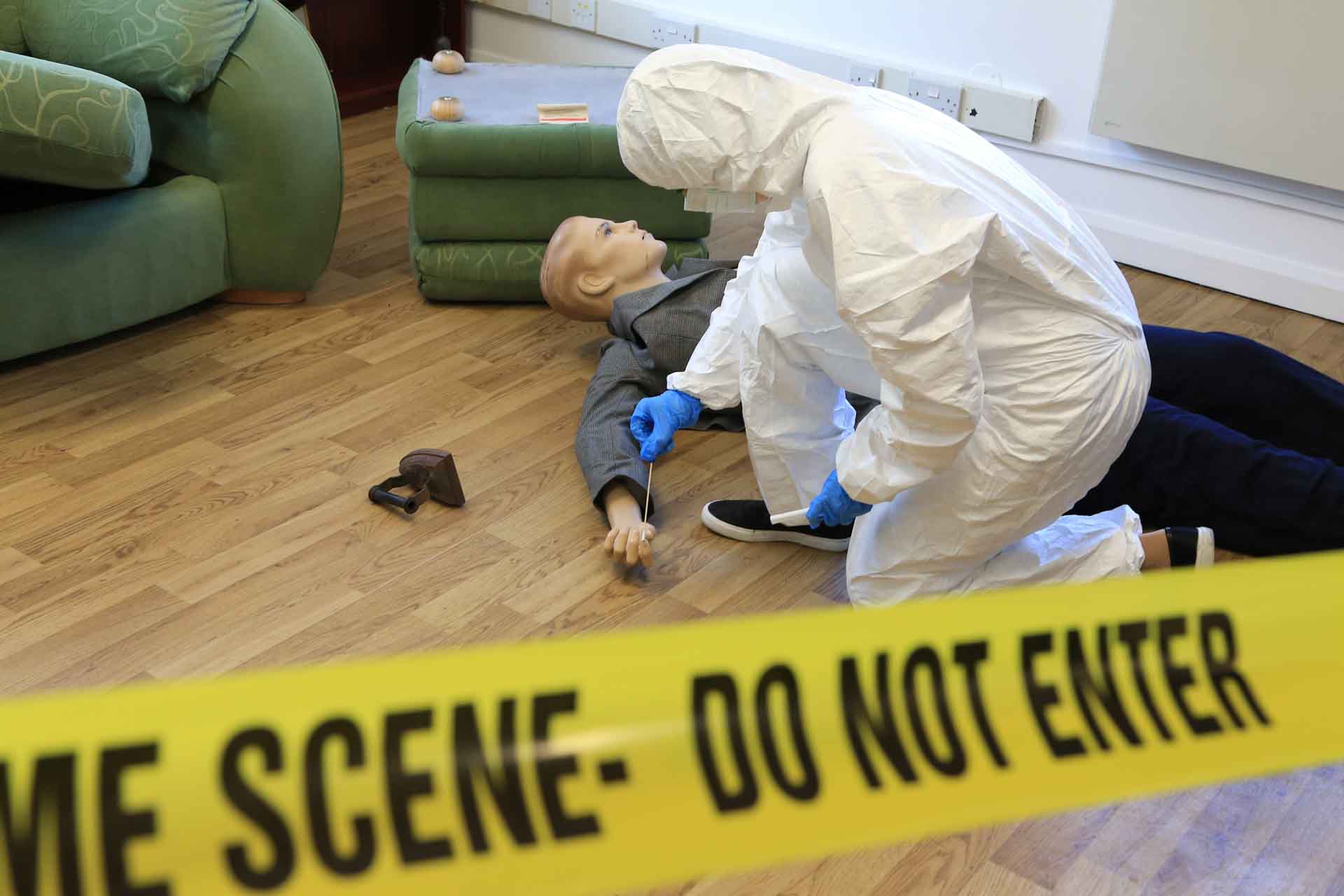
Forensic Science
Jump straight in: |
|---|
Why Forensic Science
Are you intrigued by the science behind crime scene investigation and uncovering the truth? Do you want to explore how forensic evidence plays a crucial role in the justice system? Then studying Forensic Science could be the perfect path for you. Our courses provide you with the theoretical knowledge, practical skills, and analytical abilities needed to investigate crimes scientifically, preparing you for a rewarding career in this vital field. All our undergraduate courses are accredited by the relevant professional bodies.
You’ll delve into essential topics in forensic science, from analysing physical evidence and understanding DNA profiling to mastering toxicology and trace analysis. With a focus on both scientific understanding and real-world application, our courses enable you to develop hands-on skills in laboratory analysis and crime scene investigation. Whether you're interested in forensic biology, chemistry, or broader investigative sciences, our courses offer a comprehensive approach. You’ll gain insight into the legal and ethical standards that shape forensic practice, equipping you to make a meaningful impact in criminal justice and beyond.
What can you do with a degree in Forensic Science
Forensic science goes beyond solving crimes; it’s about uncovering the truth and supporting justice. A career in this field lets you make a meaningful difference by analysing evidence, aiding investigations, and helping to solve complex cases. Whether it’s examining DNA, reconstructing crime scenes, or advancing forensic technology, forensic science offers diverse and impactful ways to contribute.
In roles like forensic scientist, crime scene investigator, or forensic toxicologist, you’ll work closely with law enforcement, ensuring that evidence is meticulously collected and analysed. You could specialise in areas like fingerprint analysis, digital forensics, or trace evidence, providing critical insights that support legal cases. As a researcher, you might develop new forensic methods or work in public policy to establish standards for evidence handling. Whether in crime labs, law enforcement, or research, a qualification in forensic science equips you to make a lasting impact in the pursuit of justice.

Gareth Parkes
Reader in Analytical Science
His research focuses on novel thermal analysis techniques and their applications in mass spectrometry and thermal processing. He leads the Thermal Methods Research Unit and is Course Leader for MSc Analytical and Forensic Science courses.

Dr Esta Bostock
Lecturer in Forensic Science
Her research focuses on forensic entomology, including circadian rhythms in insect behaviour and archaeoentomology. She teaches on the BSc/MSci Forensic and Analytical Science and MSc Forensic Science courses.

Katie Addinall
Lecturer in Forensic Science
Her research focuses on Ballistic toolmark evidence, laser interferometry, focus variation, mathematical comparison algorithms, and advanced meteorology.
Forensic Science at the University of Huddersfield
Passionate about crime-solving and scientific investigation? In this video, you’ll discover what it’s like to study Forensic Science at Huddersfield. Learn how you’ll combine chemistry, biology, and cutting-edge analytical techniques to work on real-world cases. With access to specialist labs and mock crime scenes, our courses give you the practical experience and scientific expertise to thrive in forensics and beyond.
Our Facilities
Student Blogs

The Smoking Gun
How surface metrology reveals the finest forensic details
Dr Katie Adinall explains how Forensic Science plays a vital role in the criminal justice system by providing scientifically based information through the analysis of physical evidence.
Related Research
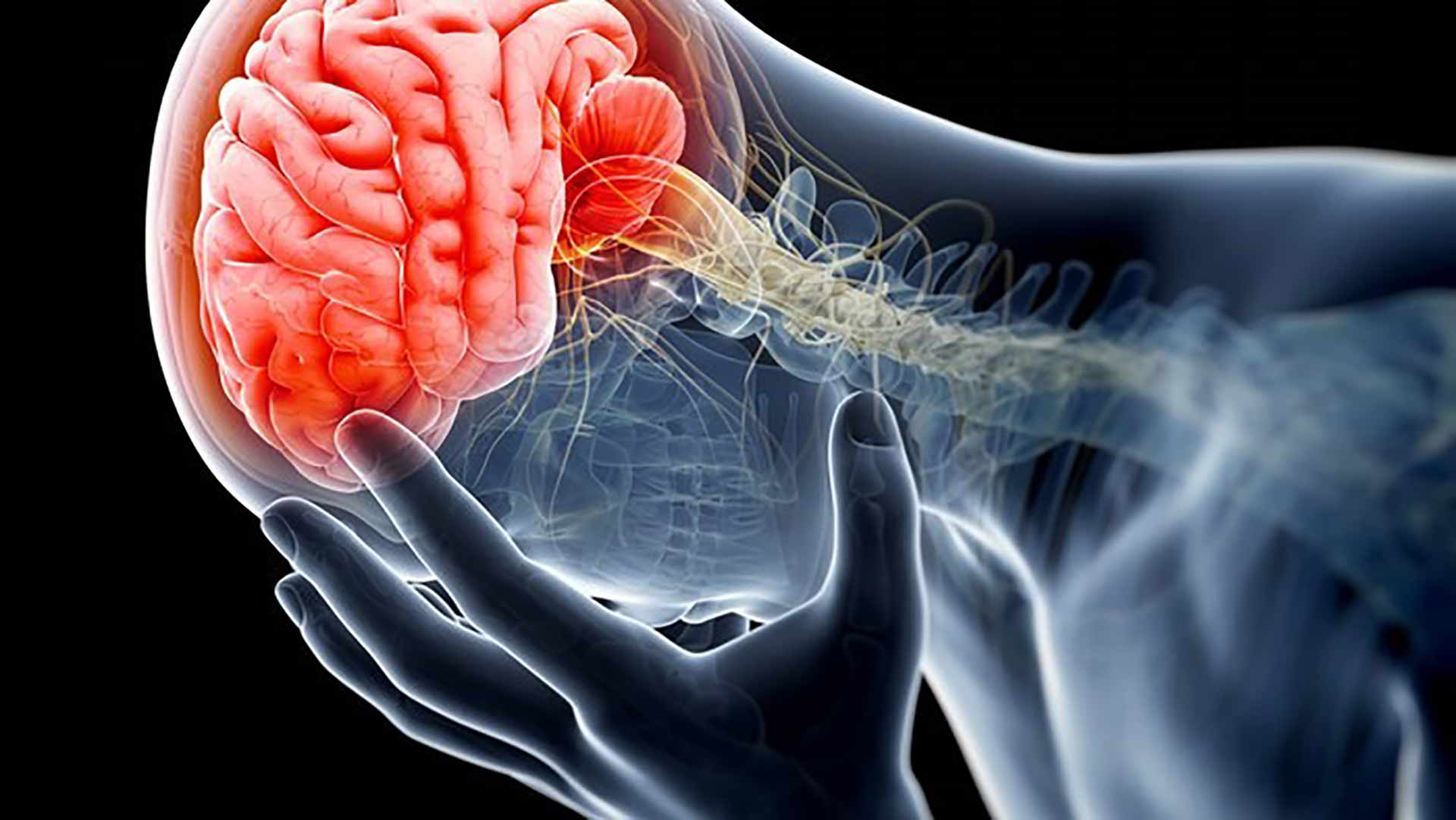
Centre for Biomarker Research
We hunt for the body’s hidden signals of disease. By discovering new biomarkers, our researchers are paving the way for earlier diagnosis and more effective treatments for dementia, MS, and chronic pain.
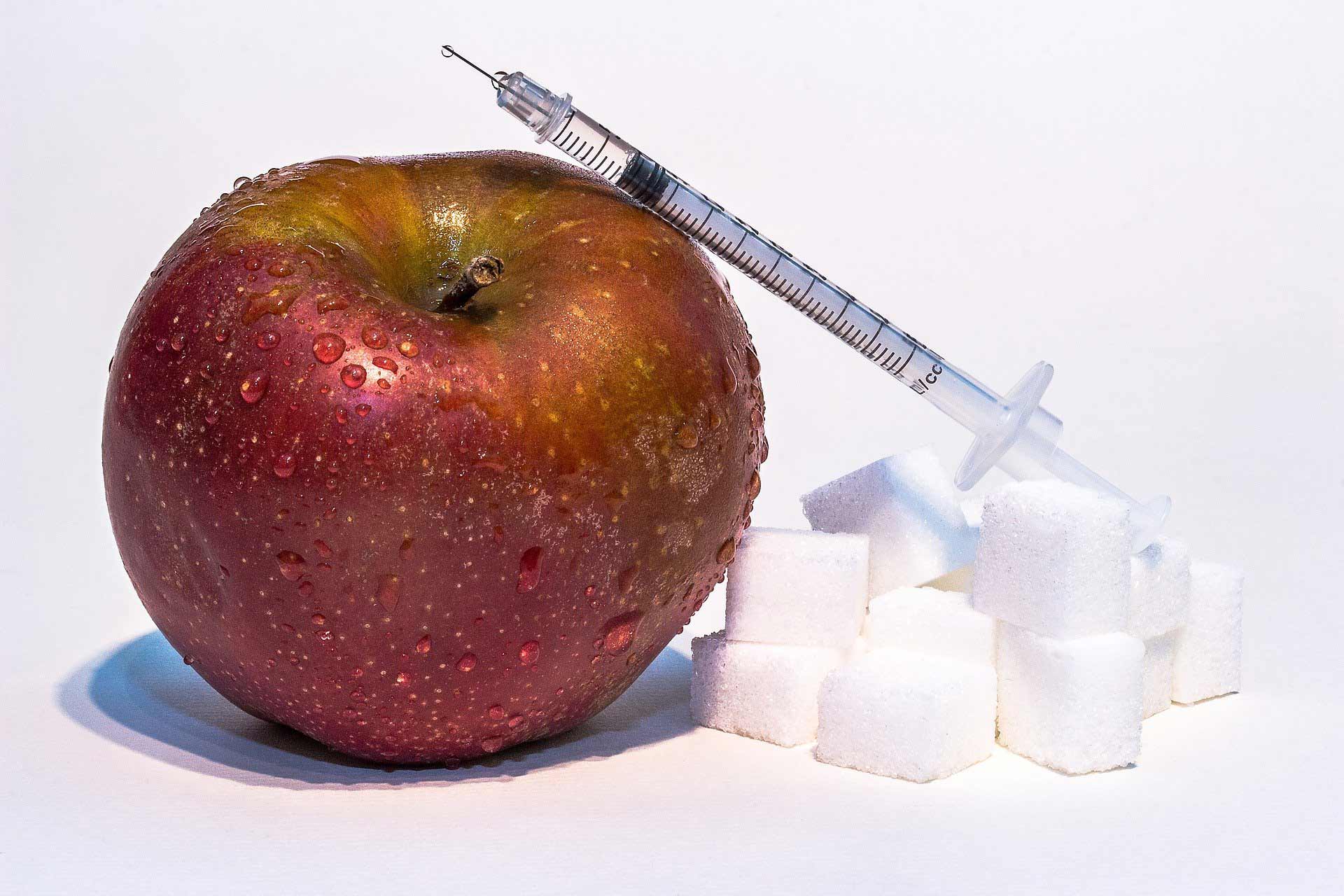
Biopolymer Research Centre
We harness the power of natural materials to solve global challenges. Our researchers transform biopolymers into novel food ingredients, sustainable medicines, and advanced drug delivery systems for a healthier future.
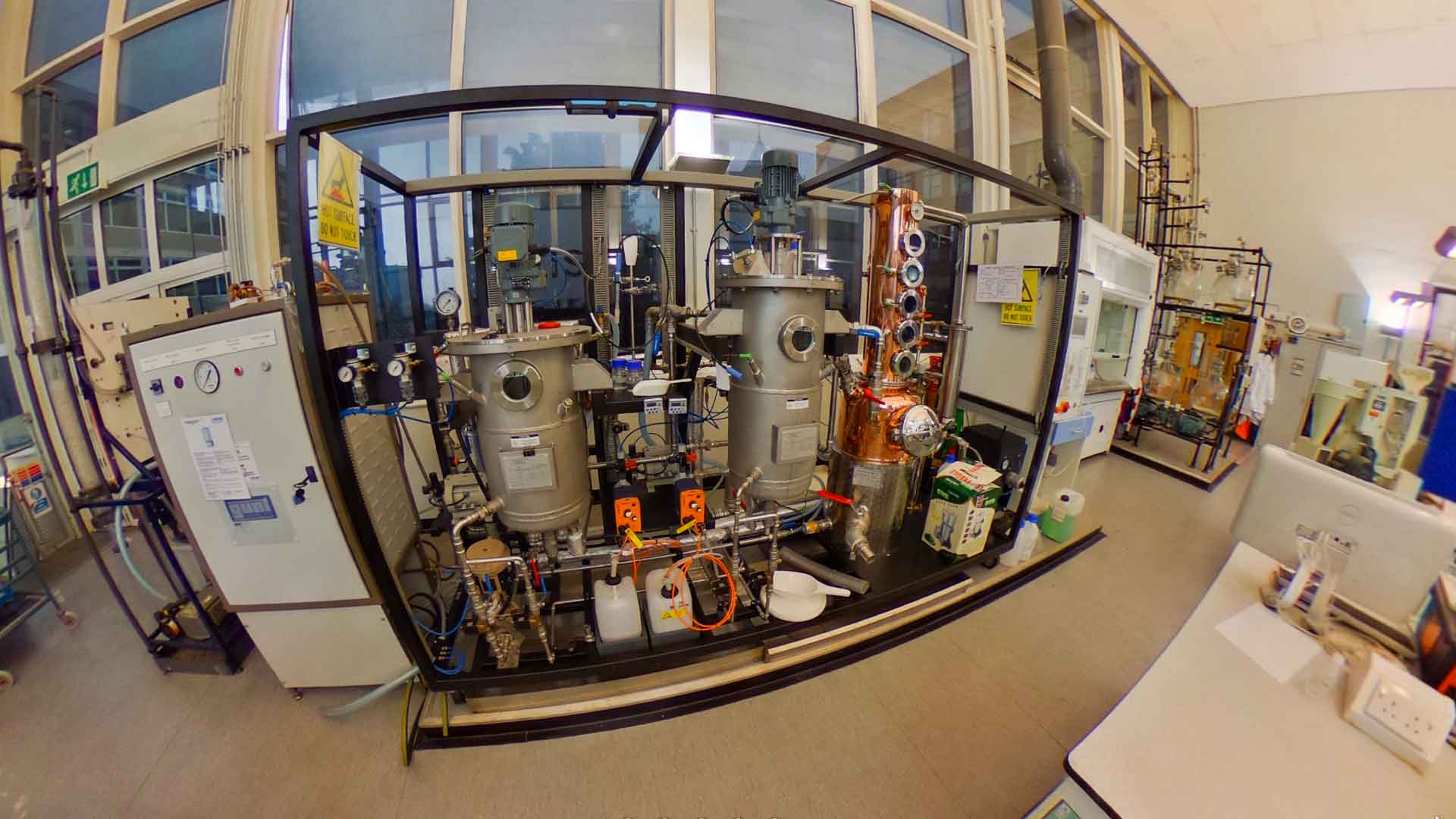
Biorefinery Engineering and Bioprocessing Research
We’re replacing petroleum with biology. Our researchers are engineering the integrated biorefineries of the future, creating sustainable ways to produce the food, chemicals, and energy our society needs.
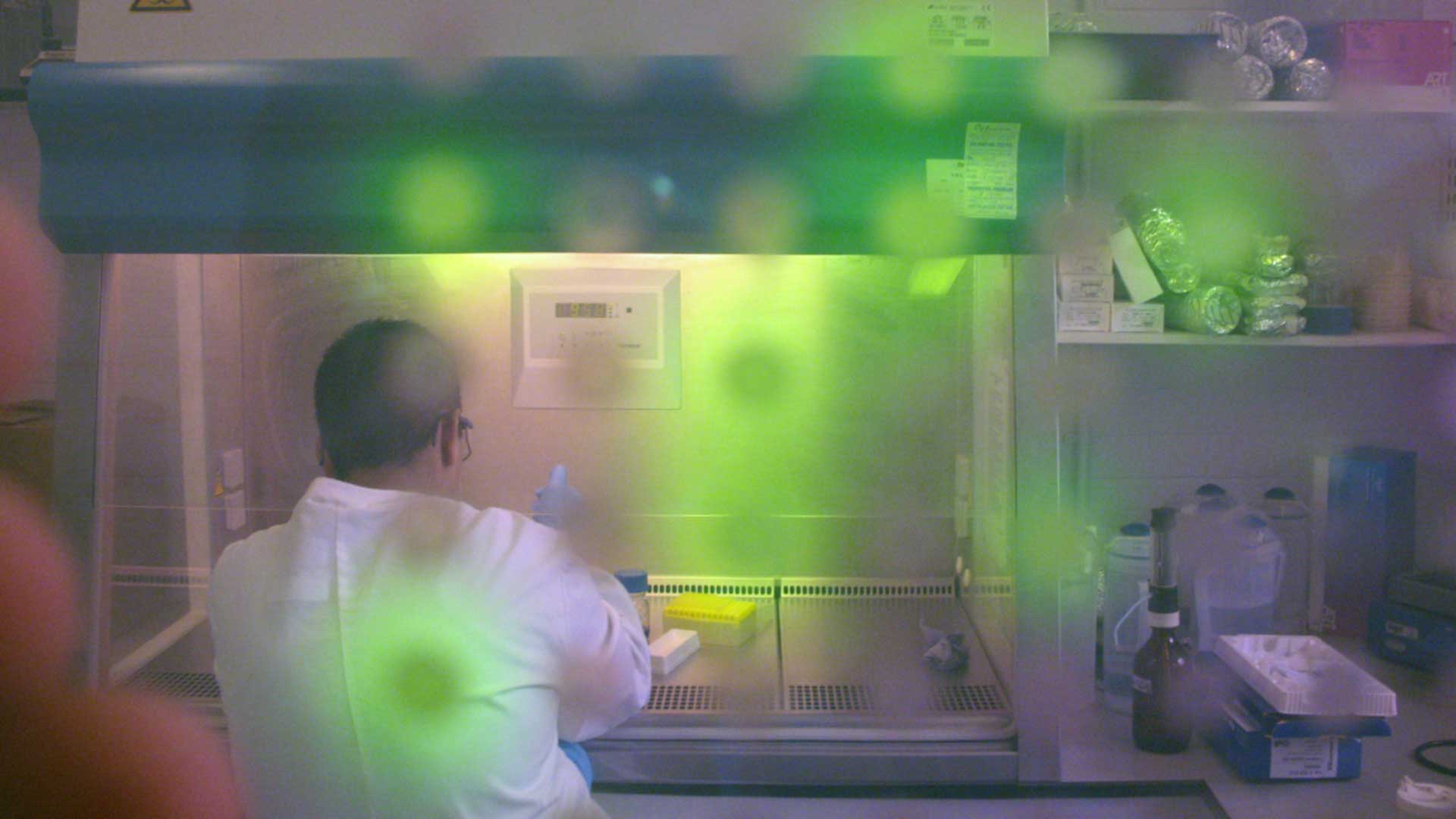
Microbial Therapeutic and Infection Control Centre
We explore both sides of the microbial world. Our research develops beneficial probiotics to improve health and creates powerful new antimicrobial agents to prevent infection in the healthcare sector.
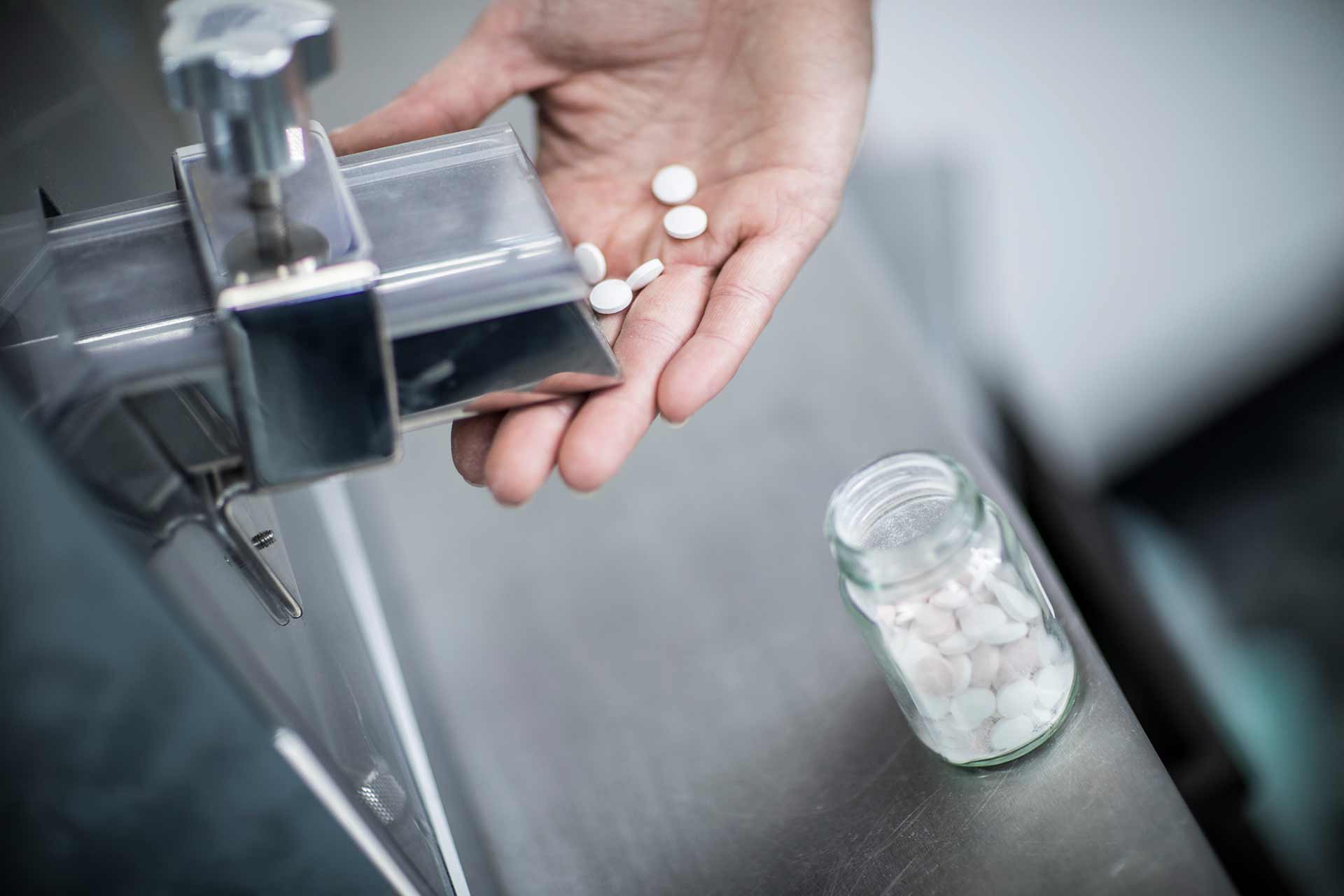
Pharmaceutics and Drug Delivery Research Centre
We engineer the medicines of the future. By designing advanced drug delivery systems, we solve the challenge of hard-to-deliver drugs, making treatments safer, more effective, and easier for patients to use.
How to apply
Here is what you need to know about applying to the University of Huddersfield.
Open Days and Campus Tours
Attend one of our Open Days or Campus Tours to get a feel of The University and see if it is right for you.
Chat online to our students
Find out what life is really like at Huddersfield by chatting to one of our existing students.
Apply to Huddersfield
Find out about making an application to the University of Huddersfield.
